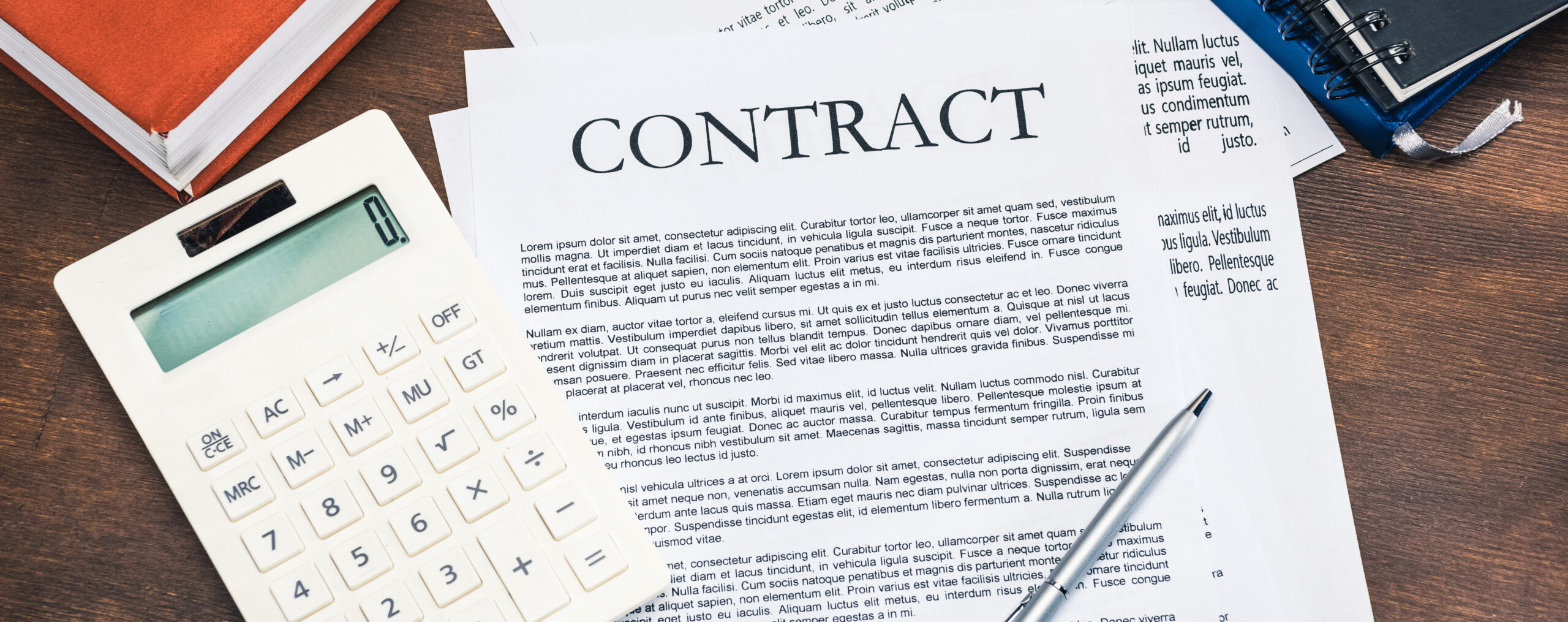
In Augusta, GA, mastering the art of contract drafting and resolving disputes is essential for a smooth legal journey. Crafting comprehensive contracts that protect the interests of all parties involved while providing clear guidelines is no small task. Navigating through potential conflicts or disputes that may arise during contract execution requires expertise from a business lawyer serving Augusta, GA and surrounding areas to ensure a favorable resolution for all parties involved.
This blog looks into this intricate world of contract drafting and dispute resolution, exploring key strategies and insights that can help professionals navigate these challenges with precision and skill. Whether you are an aspiring lawyer looking to enhance your knowledge in this domain or a business owner seeking guidance, this blog offers valuable tips, techniques, and case studies from experienced legal experts to guide you towards success in your contractual endeavors.
Ensuring Fairness and Equity in Contractual Obligations
Contracts are a crucial part of business transactions, defining the rights and responsibilities of each party involved. To ensure fairness and equity in contractual obligations, certain measures can be taken during the drafting process.
Clear Language: Using clear and concise language is paramount to avoid ambiguity or misinterpretation in contracts. Complex legal jargon should be simplified whenever possible to enhance understanding for all parties involved.
Balance of Power: Contracts should aim to create a level playing field by promoting equitable terms and conditions between the parties. Consideration must be given to the relative bargaining power of each party when negotiating contractual obligations.
Reasonable Terms: It is essential that contract terms are reasonable and realistic for both parties involved. Unfair or excessively one-sided provisions may not only compromise trust but could also lead to future disputes or challenges if deemed unreasonable by a court.
By prioritizing these factors during contract drafting, businesses can maximize fairness, equity, and clarity while minimizing potential conflicts down the road.
Strategies for Resolving Conflicts Amicably
- Effective Communication: Open and honest communication is essential to amicably resolving disputes. Both parties should listen actively, express their concerns clearly, and strive to understand each other’s perspectives.
- Mediation or Negotiation: Consider engaging in mediation or negotiation before escalating the dispute to litigation. These alternative dispute resolution methods involve a neutral third party who helps facilitate discussions and find a mutually beneficial solution.
- Seek Legal Advice: If initial attempts at resolving the dispute fail, it may be crucial to seek legal advice from an experienced attorney specializing in contract law. They can provide guidance on potential solutions, highlight any legal obligations, and help navigate complex contractual terms.
- Explore Arbitration: If mediation or negotiation is unsuccessful, arbitration can be another method of resolving disputes outside of court. This process involves an impartial arbitrator who listens to both sides and makes a binding decision based on the evidence presented.
- Consider Amendments or Renegotiation: In some cases, disputes arise due to misunderstandings or changes in circumstances that are not covered by the original contract. Parties may explore renegotiating these terms or drafting amendments to ensure clarity and address evolving needs.
Remember that resolving conflicts amicably not only saves time and money but also maintains positive relationships between parties involved in contractual agreements.
Achieving Favorable Outcomes for All Parties
Mediation and arbitration are two different ways to resolve disputes. When deciding between the two you should consider your individual circumstances and find out how formal the process should be.
Mediation:
- Mediation involves an unbiased mediator who facilitates communication between the disputing parties to help them reach a mutually acceptable agreement.
- This process allows both sides to discuss their grievances openly and helps foster creative solutions without resorting to litigation.
- With mediation, the emphasis is on finding common ground rather than assigning blame, allowing for more amicable resolutions.
Arbitration:
- Unlike mediation, arbitration involves a neutral third party called an arbitrator who listens to both sides of the dispute and makes a binding decision.
- It offers advantages like confidentiality, flexibility in scheduling hearings, and faster resolution compared to traditional court processes.
- Arbitration can be less adversarial than litigation since it adopts procedures tailored to suit the needs of the specific dispute while still providing fair judgments.
Get Legal Assistance from Cook & Tolley for Contract Drafting or Resolving Disputes
By setting clear guidelines for your business through contract drafting, you may be able to avoid certain disputes early. Using clear language, finding a balance of power, and ensuring reasonable terms are the foundations of drafting a successful contract. But, if you find yourself in the middle of a dispute and need a resolution, Cook & Tolley are the experts you should call. Whether you are starting a business, need to resolve a dispute, or have any other business law concerns, visit us or contact us to get your free consultation today.
Cook & Tolley, LLP
304 E Washington
St Athens, GA 30601
(706) 549-6111